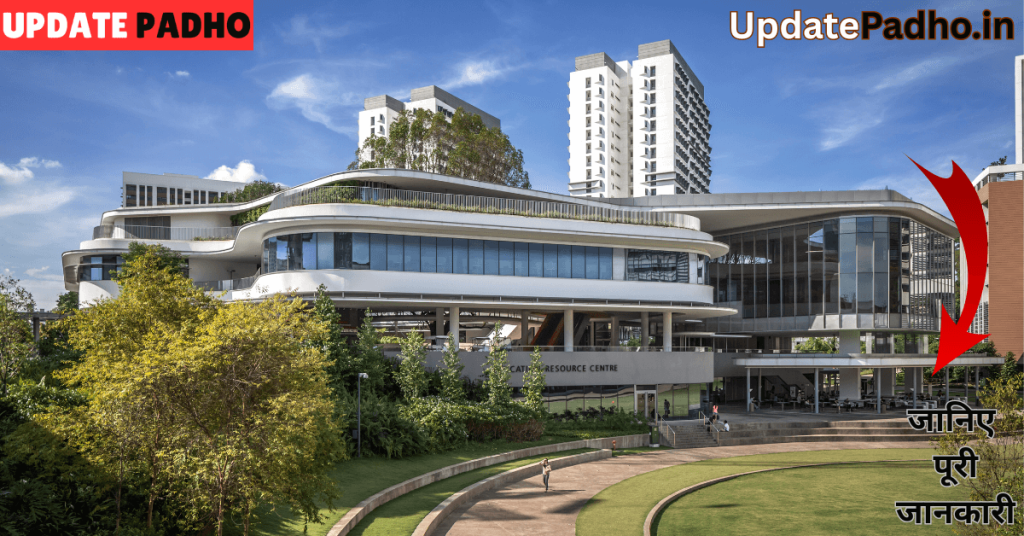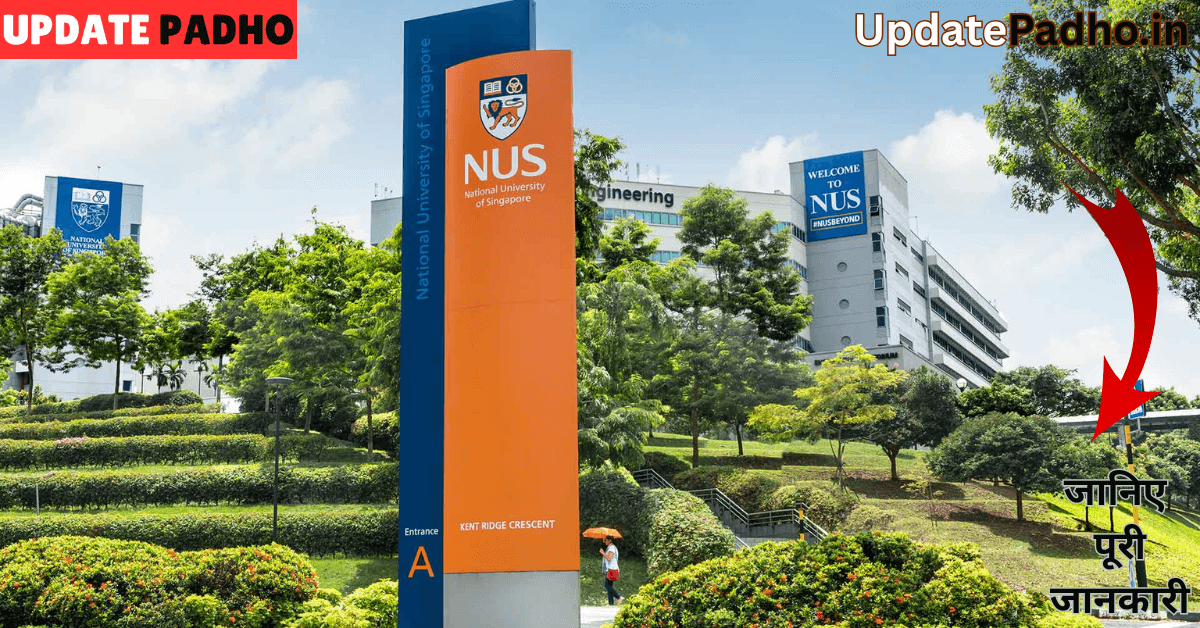The National University of Singapore (NUS) stands as a shining exemplar of excellence in higher education—globally celebrated and proudly at the pinnacle of Asian universities. Officially established in 1980 through a merger of the University of Singapore and Nanyang University, its roots trace back to 1905 with the founding of the King Edward VII College of Medicine. Over the last century-plus, what began as a modest medical school has blossomed into a world-class research powerhouse, arcing from innovation hubs to nurturing leaders across multiple fields.
🌟 Global Prestige & Academic Excellence
Today, NUS consistently ranks #1 in Asia and sits within the top 10–20 globally across leading university rankings, including QS and THE . The university’s comprehensive academic portfolio spans 16 faculties—from arts, engineering, and computing, to medicine, design, law, business, and music—including the esteemed Yong Siew Toh Conservatory of Music. Nurturing around 35,000 undergraduate and 20,000 graduate students, it upholds a broad-based multidisciplinary curriculum cultivated through cross-faculty enrichment and real-world exposure.
Cutting-edge partnerships with global giants like Harvard, MIT, Peking, and Karolinska broaden the horizons for its students via exchange programs and the NUS Overseas Colleges, which immerse learners in innovation ecosystems like Silicon Valley, Stockholm, Shanghai and beyond.
🧬 A Research Ecosystem Like No Other
At its core, NUS is deeply powered by research. The university fosters a no-boundary ethos, housing 30 university-level research institutes and multiple Centres of Excellence across disciplines: clean energy, AI, quantum technologies, biomedical sciences, digital finance, urban sustainability, and more . Highlight projects include the Centre for Quantum Technologies, the Energy Studies Institute, and advanced initiatives in cybersecurity and smart-nation innovations.
Big in impact is its eco-innovation drive, like the award-winning VirtualNUS system that models campus energy and usage via 3D simulation—supporting sustainable infrastructure planning and even testing next-gen autonomous transit concepts.
🏫 Campus & Student Life: A Community of Cultures
Spanning three lush campuses at Kent Ridge (main), Bukit Timah, and Outram, NUS’s grounds are both a city in microcosm and a nature haven. Kent Ridge stretches across ~150 ha and offers everything from lecture theatres and research labs to sports arenas and residential halls. Bukit Timah, nestled beside the Botanic Gardens, houses the Lee Kuan Yew School of Public Policy and the Law Faculty. Outram campus hosts the Duke-NUS Medical School and is integrated with the National University Hospital—a premier teaching and research medicine center with 1,160 beds.
Library services are top-tier, boasting over 3 million titles across eight specialized libraries—Central, Science, Chinese, Law, Music, Medical, and more . The NUS Museum and Lee Kong Chian Natural History Museum serve as cultural beacons, safeguarding South and Southeast Asian art and biodiversity heritage with rich collections.

But campus life thrives far beyond academics: with 200+ student clubs, inter-hall competitions, art festivals, and the flag-raising Rag & Flag carnival, students are constantly immersed in community and creativity. Sports facilities, including Olympic-size pools and rock climbing walls, help bolster wellness and extracurricular balance .
🏠 Residential Colleges & Student Support
Since UTown opened, NUS has pioneered integrated residential colleges—each blending themed living communities with academic programming. Over 70 student residences, halls, and colleges house approximately 10,000+ students, with vibrant meal plans supported by 30+ cafes, food courts, and convenience outlets . On-campus amenities—banks, salons, medical clinics, and travel offices—add to daily convenience .
The University Health Centre and Student Wellness services offer comprehensive physical and mental health support, ensuring a well-rounded student experience.
🤝 Real-World Learning & Career Pathways
NUS education is forward-leaning and industry-attuned. From challenges, internships, and projects to student startups and venture incubation, the university delivers practical, real-world experience . Career guidance is robust—frequent fairs, corporate salons, and mentorship initiatives bridge classroom knowledge with professional pathways .
Programs like the Amgen Scholars and IRIS bring students to top-tier research labs, providing exposure to biomedical innovation and deeper insight into careers in global science.
🌐 A Global Network of Influence
NUS plays an active role in global alliances—Universitas 21, IARU, APRU, APSIA, and UAiTED—connecting students and faculty via exchange, joint research symposia, and international conferences. Its alumni network includes luminaries like UN Secretary-General Kofi Annan, former Singapore President Benjamin Sheares, and WHO Director-General Margaret Chan.
✨ Impact, Vision & Values
Beyond status and innovation, NUS remains mission-driven: “to educate, inspire and transform” and serve “Country and Society”. Central to its values are innovation, resilience, excellence, respect, and integrity—a foundation that nurtures trailblazers in research, policy, entrepreneurship, and community change.
Its long-term vision is clear: to be a “leading global university shaping the future,” with strategic initiatives around sustainability, smart-nation technology, and green investments.
Closing Thoughts
The National University of Singapore is not merely an institution—it’s a living embodiment of ambition, innovation, and diversity. From its compelling century-long evolution to global rankings, research might, multidisciplinary education, and a multicultural campus, NUS crafts an environment where students don’t just learn—they lead.
For prospective students, scholars, or global partners, NUS shines as a place where tradition meets vision, academic rigor blends with real-world relevance, and global citizens find the tools to effect real change. In a world facing complex challenges, this university stands ready to educate, innovate, and uplift—Asia’s pride and the world’s gain.



